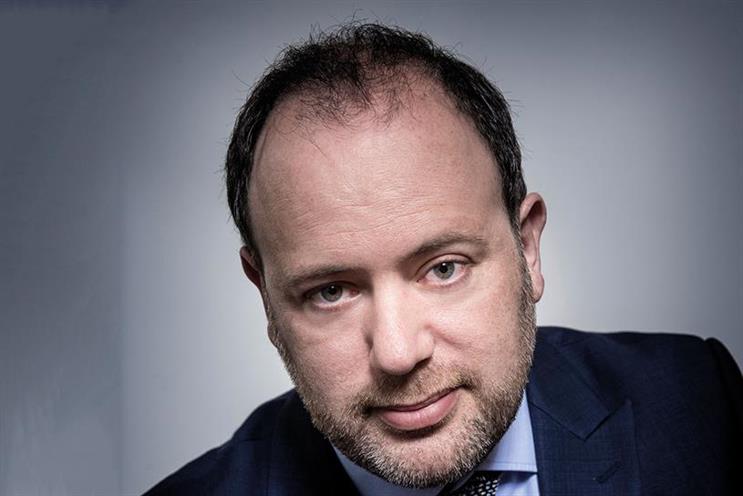Two major media reviews, by the UK government and Sky, are putting transparency at the top of the agenda.
Both want to set new standards that can be an example to the industry after Procter & Gamble’s Marc Pritchard spoke out in January. They are demanding greater openness from agencies and promising the same in return as clients. They recognise it is time for a reset after a bleak 18 months when questions about brand safety, viewability, measurement, bot fraud and rebates have dogged the sector.
Agencies have taken a lot of stick and there has been an exodus of UK agency leaders this autumn. However, brands also have a responsibility to behave better and educate themselves. They need contracts that are fit for the digital age, they should pay decent fees and they must have fair payment and intellectual property terms. The fact that Sky, Britain’s biggest advertiser, with a £400m-plus budget across Europe, has not held a review for 13 years is hardly an example of best practice.
Sky is making amends by hiring an army of consultants from Ebiquity, ID Comms and Aperto One, plus solicitors Reed Smith. It is unusual to see a law firm involved at the start of a media review and the message is clear: Sky plans to use a robust, new contract, which is being shown to agencies now, so they can’t complain later in the pitch.
There is a caveat: Sky is a media owner, controlled by Rupert Murdoch’s Fox, so it knows how the media supply chain works and has a vested interest.
The government, which handled its last review badly in 2014 and ended up in court, is also raising its game. The Cabinet Office is taking inspiration from ISBA’s tougher media agency framework contract and has hired PwC to run the £140m review. Whitehall is promising a "partnership" with agencies and hopes it can "help the wider industry" by "restoring some of the trust that has been lost".
Other advertisers are likely to copy Sky and the government, because brand safety and transparency have become boardroom issues. Agencies are bracing for "Mediapalooza 2" – a rash of reviews similar to what happened in the US in 2015.
However, brands need to walk the talk. Some have lofty ambitions, but remain swayed by low prices. An open process does not suit everyone, but the experience of Sainsbury’s, which ran a botched, closed review without an external pitch consultant, and then had to re-run the process, shows what can go wrong.
Advertisers are right to take more control of their media, and it can drive positive change. An agency chief from one of the big ad groups talks about a time of "contract transformation". Other agency leaders warn of pitch consultants who are "ambulance-chasers" and a climate of "anti-trust".
Indeed, it is significant that a new breed of nimbler independents, such as Vayner Media and Jellyfish that can both buy and create media, is on the rise at this time of disruption.
But big media agencies still have a vital role because of their scale and expertise, and it is in the interests of advertisers to find common ground. It is damaging for UK advertising that none of the big six ad groups feels able to support ISBA’s framework, which was written without their input. The hope must be that ISBA can be more collaborative as it works on a revised framework for early 2018.
A reset requires new behaviour from both agencies and advertisers.
Gideon Spanier is head of media at 北京赛车pk10



